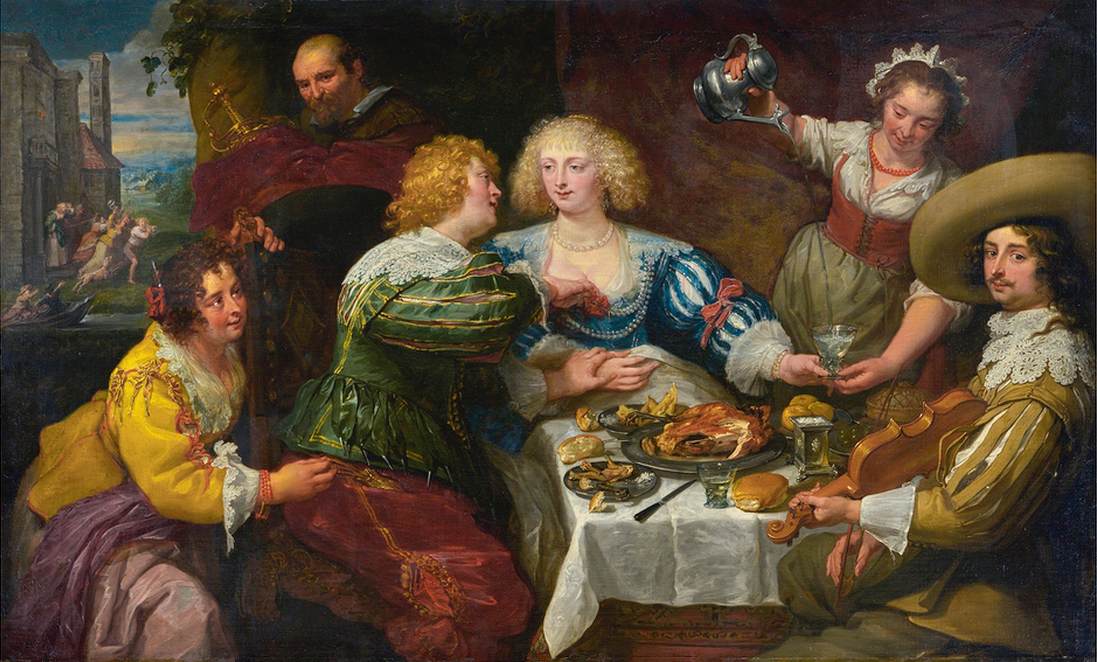Description
The painting "The Parable of the Prodigal Son" by the Flemish artist Jan Cossiers is a Baroque masterpiece of the 17th century. The composition of the painting is impressive, with great attention to detail and a masterful ability to capture the emotion and tension of the Biblical story.
Cossiers' artistic style is distinctive and can be seen in the way he uses light and shadow to create depth and texture in painting. The use of rich and vibrant colors, such as red, gold and green, adds a dramatic touch to the work.
The story behind the painting is the well-known parable of the prodigal son, who leaves his father and home to live a life of excess and dissipation, only to repent and return home. Cossiers captures the emotion of the story with great skill, showing the sadness and regret of the prodigal son, as well as the joy and compassion of the father who receives him back.
Although the painting has been widely studied and exhibited around the world, there are some lesser-known aspects of the work that are interesting to highlight. For example, the painting is believed to have been commissioned by a member of the Flemish nobility as a piece of religious art for their home or church. Additionally, Cossiers is known to have worked closely with other artists and craftsmen to create the painting, demonstrating the importance of teamwork in creating significant works of art.
In short, Jan Cossiers' "The Parable of the Prodigal Son" is an impressive work of art that combines technical and emotional skill to create a masterpiece of Flemish Baroque. The composition, color, and story behind the painting make it a fascinating work to study and appreciate.

